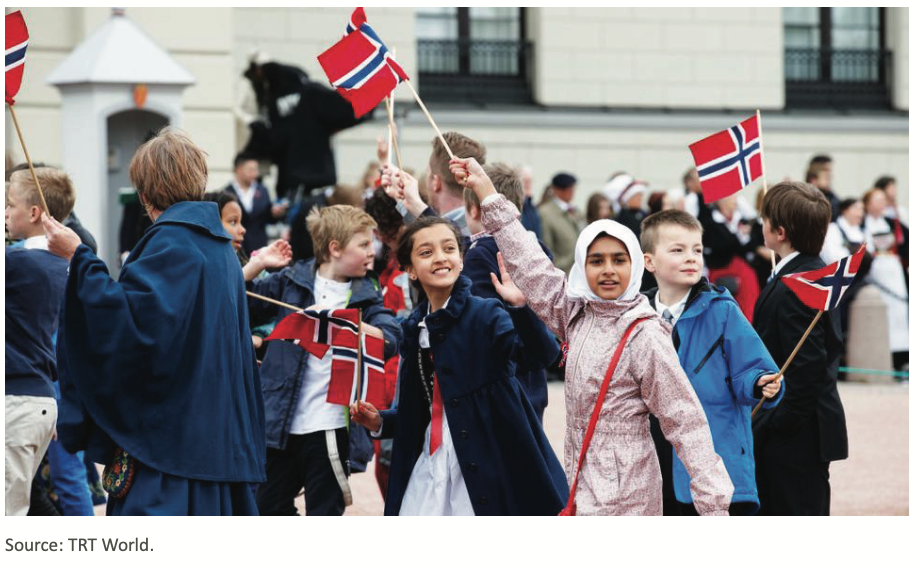
Since 2009, young Twelver Shi’ites in Norway have started forming their own groups, independent from mosques, in an attempt to localize Islam and address current issues, writes Ingvild Flaskerud (University of Oslo) in the proceedings of a conference that took place last Spring in Rome, now published by OSMED (Observatory on the Mediterranean) under the title, Shi’ism in European and Middle Eastern Contexts. In the Oslo area alone, where 10 Shi’a mosques and centers exist—some with their own youth groups—no less than nine self-governed groups have been launched by Twelver Shi’a youth, the earliest one in 2009 and the newest one in 2021. Most members of the groups were born or raised in Norway and are fluent in Norwegian, which is used as their shared language. They are concerned about the views associating Islam with violence, are looking for adequate ways to answer criticism against Islam, and want to support each other in living in Norwegian society. Facing offences against Islam (such as cartoons and burning of the Quran), Shi’a youth are wondering how to respond in a peaceful and socially acceptable manner, according to Flaskerud. At the same time, being themselves a minority within the broader Muslim minority in Norway, they also need to respond to harassment by two hardline anti-Shi’a Sunni Salafi groups describing Shi’a as infidels.

That Shi’a youth did not turn to mosques for answers, although they had visited them with their parents since childhood, is striking. They prefer self-teaching and searching for their own ways rather than using instructor-centered methods. Their activities may range from study groups and translating books to getting involved in local interreligious dialogue. Debates and self-reflection are encouraged. “A shared purpose among Twelver Shi’a youth groups established in Norway has been to localize Islam in new interpretive spaces in the Norwegian society,” Flaskerud writes. She also notes that many youth actually participated in several groups, which suggests that “they were in a process of exploring different ways of localizing Islam.”
(The small volume on Shi’ism in European and Middle Eastern Contexts can be downloaded from the OSMED website: https://www.osmed.it/2021/09/28/shiism-in-european-and-middle- eastern-contexts/)